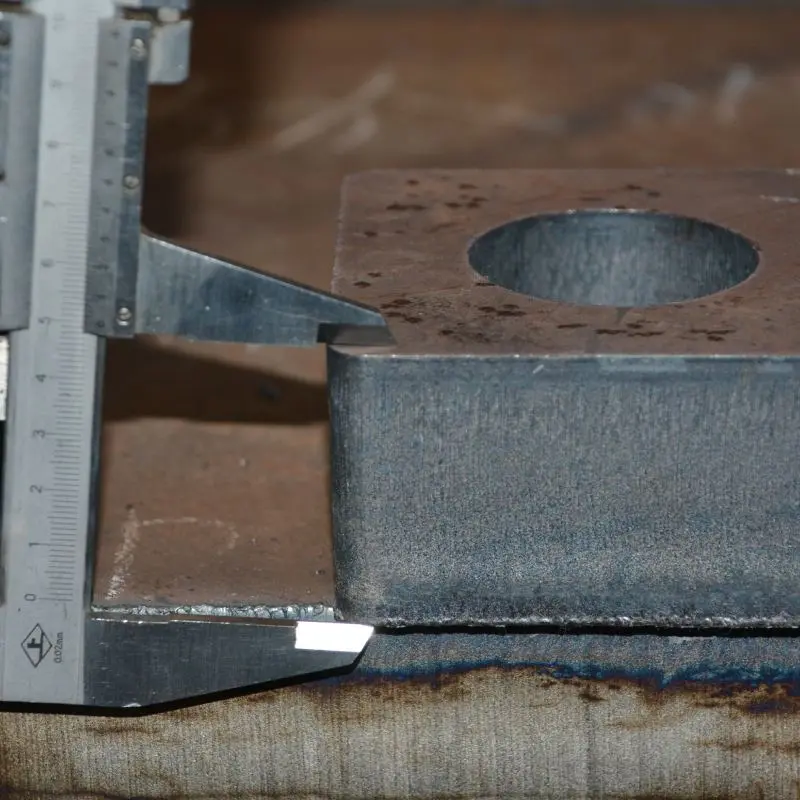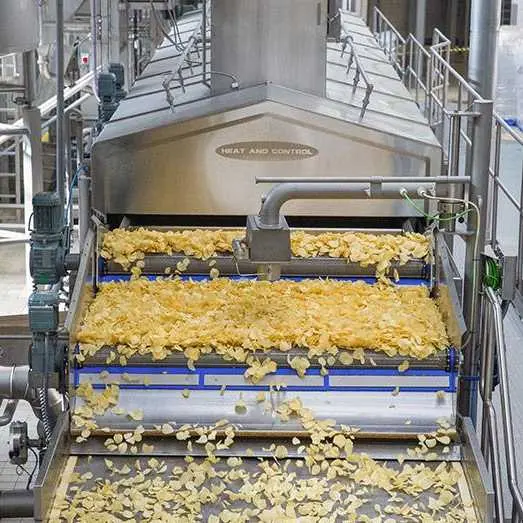****
In recent years, the automation industry has witnessed a remarkable transformation driven by technological advancements. Among these, the laser cutter has emerged as a game-changing tool that enhances precision, efficiency, and versatility in various manufacturing processes. This article explores the significant role of laser cutters in the automation industry, detailing their benefits, applications, and integration into the broader landscape of modern manufacturing.
Understanding Laser Cutters
Laser cutters use concentrated beams of light to cut and shape materials with high precision. This technology has evolved from traditional mechanical cutting methods, allowing for intricate designs and high tolerances that were previously unattainable. Industrial laser cutters are capable of working with a wide array of materials, including metals, plastics, wood, and textiles, which makes them an ideal choice for the diverse requirements of the automation industry.

Revolutionizing Manufacturing Processes: The Impact of Laser Cutters on the Automation Industry
Advantages of Laser Cutters in Automation
1. **Precision and Accuracy**: One of the most significant advantages of laser cutting technology is its ability to produce precise cuts. This precision reduces material wastage and ensures that parts fit together perfectly, which is crucial for automated manufacturing systems where components must align accurately.
2. **Speed and Efficiency**: Laser cutters operate at high speeds and can process materials much more quickly than traditional cutting methods. This efficiency translates into shorter production times and allows manufacturers to meet tight deadlines, improving overall productivity.
3. **Versatility**: The versatility of laser cutting technology means it can be adapted to various materials and shapes. This adaptability is essential in the automation industry, where manufacturers frequently need to work with different materials and product designs without significant downtime or re-tooling costs.
4. **Automation Integration**: Many modern laser cutters can be integrated into automated production lines. This compatibility allows for seamless operation with other machinery, such as robotic arms and conveyor systems, streamlining the entire manufacturing process.
5. **Reduced Labor Costs**: Automating the cutting process with laser technology diminishes the need for manual labor, leading to reduced labor costs and minimizing the risk of human error. Additionally, automation allows for continuous operation, further enhancing productivity.
Applications of Laser Cutters in the Automation Industry
Laser cutters are widely used in various sectors of the automation industry, including:
1. **Automotive Manufacturing**: In the automotive sector, laser cutters are essential for fabricating intricate components, including body panels and engine parts. Their precision allows automotive manufacturers to achieve high tolerances necessary for efficient assembly and performance.
2. **Electronics Production**: With the increasing miniaturization of electronic components, laser cutters play a vital role in producing circuit boards and other intricate parts. Their ability to make exact cuts without damaging sensitive materials is crucial in this sector.
3. **Aerospace Engineering**: The aerospace industry relies on laser cutting for its lightweight yet high-strength materials. Laser cutters can create complex geometries required for aircraft components while ensuring the structural integrity necessary for safety.
4. **Medical Device Manufacturing**: Laser cutting is invaluable in the manufacturing of medical devices, where precision and cleanliness are paramount. Laser technology enables the creation of intricate designs that meet stringent regulatory standards.
5. **Signage and Graphics**: In the realm of signage production, laser cutters provide exceptional detail and vibrant finishes, allowing for high-quality graphics that adhere to brand specifications.
The Future of Laser Cutters in Automated Manufacturing

Revolutionizing Manufacturing Processes: The Impact of Laser Cutters on the Automation Industry
As Industry 4.0 continues to pave the way for smart factories and advanced manufacturing processes, the role of laser cutters is becoming increasingly critical. With the advent of artificial intelligence (AI) and machine learning, future laser cutting systems are expected to integrate predictive maintenance capabilities, enhancing performance and reducing downtime.

Revolutionizing Manufacturing Processes: The Impact of Laser Cutters on the Automation Industry
Moreover, the push towards sustainable manufacturing practices is driving the development of eco-friendly laser cutting technologies that minimize waste and energy consumption. These innovations represent the future of the automation industry, where efficiency and environmental responsibility go hand in hand.
Conclusion
In conclusion, the laser cutter has emerged as a transformative force in the automation industry, offering unprecedented levels of precision, speed, and versatility. Its ability to integrate seamlessly into automated production lines makes it a preferred technology for manufacturers across various sectors. As the industry continues to evolve, laser cutting technology is poised to play a crucial role in shaping the future of manufacturing, driving innovations that will enhance productivity while promoting sustainability and efficiency. Steel Circle Laser Cutting Machine
